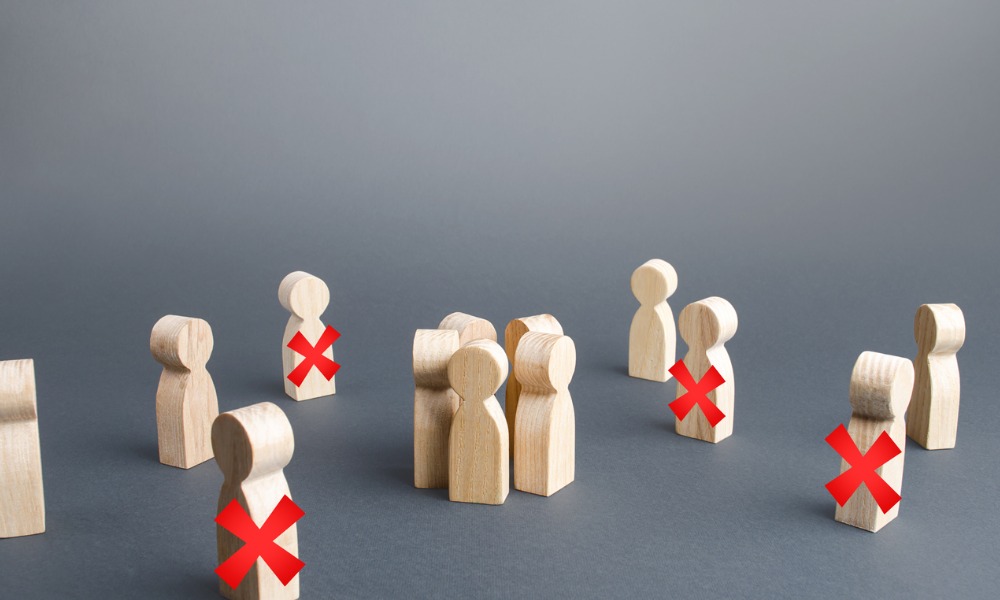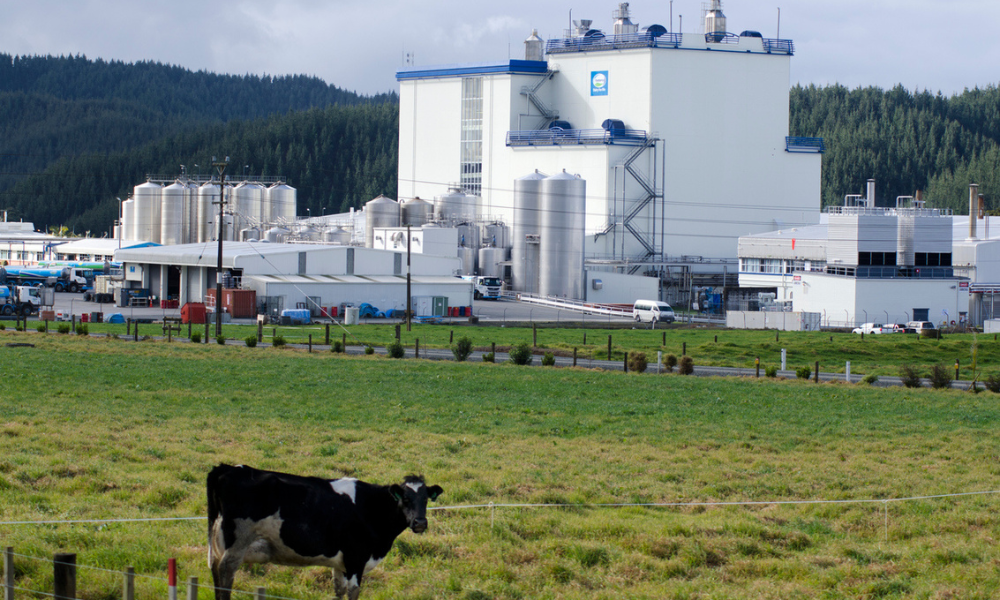Research shows that nearly one fifth of Australian employees had gone to work while drunk or tipsy and a similar number had taken a sickie because of drinking. How does New Zealand compare?
Workplace drug testing gets a fair amount of media coverage, but there is a potentially far larger issue that employers need to be aware of – alcohol.
A survey conducted by the Australian Drug Foundation found that nearly one in five employees had performed work duties while drunk or tipsy.
A similar number admitted to pulling a sickie due to the effects of alcohol, while about 40% said they’d gone to work while still feeling the effects of their drinking.
Comparatively speaking, statistics show that 20.4% of the adult working population in New Zealand has a “hazardous drinking pattern” – defined as an established drinking pattern that carries a risk of harming a person’s physical or mental health, or having harmful social effects on the drinker or others.
On average, 10 staff in an organisation of 50 will be hazardous drinkers. Alcohol is recognised as the country’s most widely used drug in the workforce, and the drug with the largest negative impact on workplace performance and safety.
Ministry of Health statistics show that about 392,800 work days per year are lost to alcohol use, while nearly one in 10 adults admit to working while under the influence of alcohol at least once in the previous year.
Phillip Collins, the Australian Drug Foundation’s head of workplace services, told HRM that employers needed to realise that drinking was not an “at-home issue”, even though the majority of alcohol is consumed outside of office hours.
“People don’t really understand the knock-on effect of alcohol. They think you can have a party at night and come to work the next day and be fully functional. But the truth is, alcohol takes a lot longer to get out of the system than people recognise. It impacts your performance.”
Collins said studies showed that a blood alcohol concentration of 0.09, nearly double the Australian legal driving limit of 0.05, caused a massive drop-off in cognitive skills and huge variations with regards to motor skills.
“If you’re in a factory doing some assembly, there are big error rates that can occur. Or if you’re a manager doing cognitive work, you can make poor judgements. You might not feel over the limit or under the weather, but cognitively and motor skills-wise, you can actually be quite impacted.”
He said organisations needed to have a robust alcohol and drug policy that wasn’t just a behavioural statement, but was ingrained in the business.
It needed to cover things like what employees did in a social setting, how they interacted with clients and what the drinking cut-off rate was.
“Are you going for zero tolerance, are you going for a three-strike policy? There are a lot of things in the policy that need to be addressed, not simply a throw-away line to say, ‘Hey, we’re banning alcohol’.
“In certain settings, that’s actually a very difficult thing to do. If you’re in a sales environment, you may be called upon to entertain a client or to have a meeting over lunch or dinner and if you have a zero tolerance policy on alcohol, that’s not workable.”
Collins said organisations had to look at the reality of their business to make sure its drug and alcohol policy was a good cultural fit and it was able to continue to do business while providing a safe working environment.
Communicating the policy was also key, he said.
“A lot of policies are created and put on the shelf where they collect dust and nobody actually knows about them until something goes wrong.”
Reiterating the policy was particularly important around high-risk times like Christmas and the “silly season” period, when parties were more common.
Managers also needed to be educated on how to identify that someone is intoxicated.
“You don’t want to identify someone who might look intoxicated but is actually on prescription medication. Organisations have to become a bit smarter about what they do and there hasn’t been any real skill set that’s been put into the HR space that allows everyone to be upskilled.”
Are your employees up to speed with the company’s drug and alcohol policy?
Related articles
Workplace drug testing on the rise
Sacking for being too drunk to work ruled unjustified
A survey conducted by the Australian Drug Foundation found that nearly one in five employees had performed work duties while drunk or tipsy.
A similar number admitted to pulling a sickie due to the effects of alcohol, while about 40% said they’d gone to work while still feeling the effects of their drinking.
Comparatively speaking, statistics show that 20.4% of the adult working population in New Zealand has a “hazardous drinking pattern” – defined as an established drinking pattern that carries a risk of harming a person’s physical or mental health, or having harmful social effects on the drinker or others.
On average, 10 staff in an organisation of 50 will be hazardous drinkers. Alcohol is recognised as the country’s most widely used drug in the workforce, and the drug with the largest negative impact on workplace performance and safety.
Ministry of Health statistics show that about 392,800 work days per year are lost to alcohol use, while nearly one in 10 adults admit to working while under the influence of alcohol at least once in the previous year.
Phillip Collins, the Australian Drug Foundation’s head of workplace services, told HRM that employers needed to realise that drinking was not an “at-home issue”, even though the majority of alcohol is consumed outside of office hours.
“People don’t really understand the knock-on effect of alcohol. They think you can have a party at night and come to work the next day and be fully functional. But the truth is, alcohol takes a lot longer to get out of the system than people recognise. It impacts your performance.”
Collins said studies showed that a blood alcohol concentration of 0.09, nearly double the Australian legal driving limit of 0.05, caused a massive drop-off in cognitive skills and huge variations with regards to motor skills.
“If you’re in a factory doing some assembly, there are big error rates that can occur. Or if you’re a manager doing cognitive work, you can make poor judgements. You might not feel over the limit or under the weather, but cognitively and motor skills-wise, you can actually be quite impacted.”
He said organisations needed to have a robust alcohol and drug policy that wasn’t just a behavioural statement, but was ingrained in the business.
It needed to cover things like what employees did in a social setting, how they interacted with clients and what the drinking cut-off rate was.
“Are you going for zero tolerance, are you going for a three-strike policy? There are a lot of things in the policy that need to be addressed, not simply a throw-away line to say, ‘Hey, we’re banning alcohol’.
“In certain settings, that’s actually a very difficult thing to do. If you’re in a sales environment, you may be called upon to entertain a client or to have a meeting over lunch or dinner and if you have a zero tolerance policy on alcohol, that’s not workable.”
Collins said organisations had to look at the reality of their business to make sure its drug and alcohol policy was a good cultural fit and it was able to continue to do business while providing a safe working environment.
Communicating the policy was also key, he said.
“A lot of policies are created and put on the shelf where they collect dust and nobody actually knows about them until something goes wrong.”
Reiterating the policy was particularly important around high-risk times like Christmas and the “silly season” period, when parties were more common.
Managers also needed to be educated on how to identify that someone is intoxicated.
“You don’t want to identify someone who might look intoxicated but is actually on prescription medication. Organisations have to become a bit smarter about what they do and there hasn’t been any real skill set that’s been put into the HR space that allows everyone to be upskilled.”
Are your employees up to speed with the company’s drug and alcohol policy?
Related articles
Workplace drug testing on the rise
Sacking for being too drunk to work ruled unjustified





